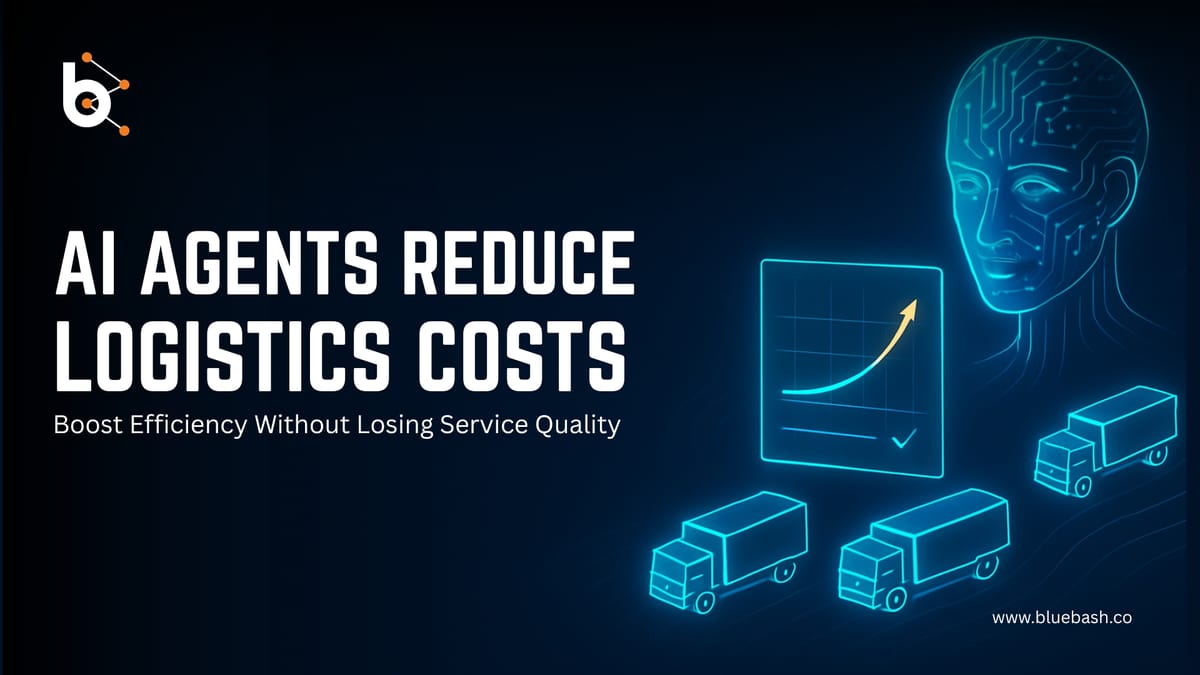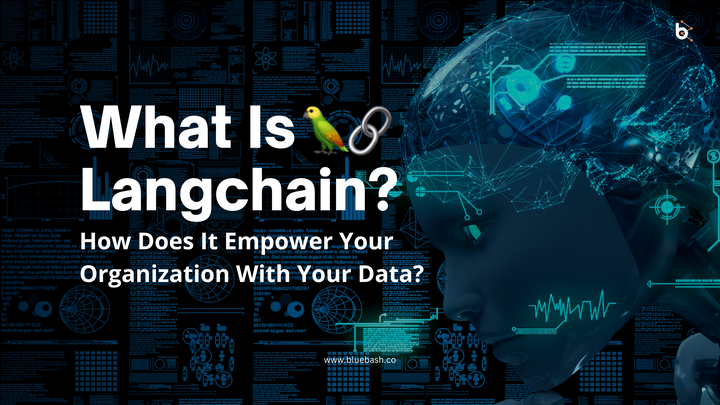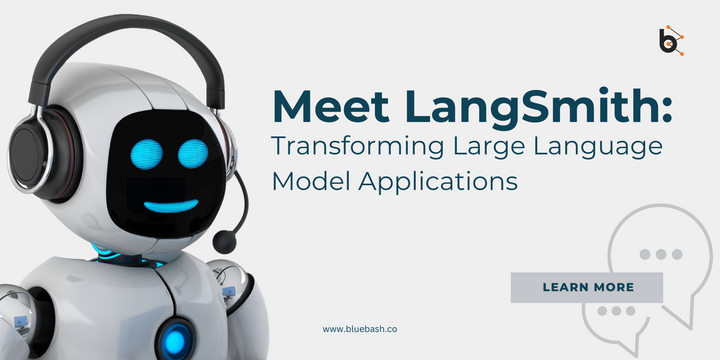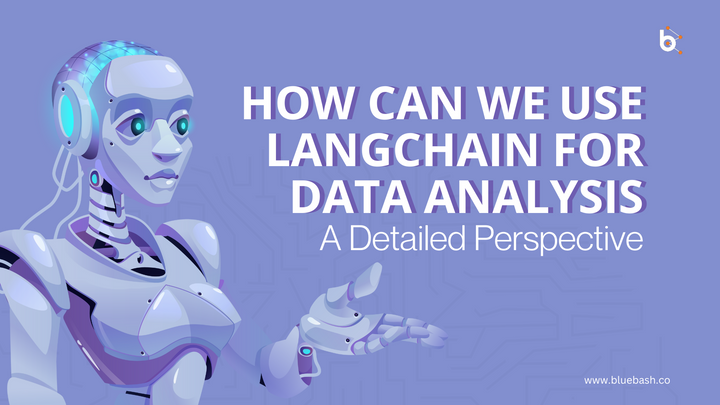How AI Agents Help You Reduce Logistics Costs Without Sacrificing Service Levels?

Quick Summary
AI agents in logistics cost reduction are transforming how global supply chains operate. From route optimization to last-mile delivery planning, AI agents for logistics make operations faster, smarter, and more cost-efficient. This blog explores how businesses can leverage AI-powered logistics optimization to minimize expenses while ensuring timely deliveries and exceptional service quality.
Introduction: Balancing Cost Efficiency and Service Excellence
The logistics sector is the backbone of global trade, but it faces an ongoing dilemma — how to reduce costs without compromising service levels. Fuel expenses, unpredictable demand, and last-mile delivery inefficiencies can quickly eat into profit margins. Yet, customers expect faster and more reliable deliveries than ever before.
That’s where AI agents in logistics cost reduction come into play. These intelligent, self-learning systems automate and optimize decision-making at every level of the supply chain. By analyzing millions of data points — from traffic flow and vehicle health to customer preferences — AI agents provide real-time, data-driven logistics solutions that ensure lower costs and consistent, on-time performance.
The Role of AI Agents in Modern Logistics
AI agents are autonomous systems designed to make intelligent decisions without constant human supervision. In logistics, they operate as smart assistants capable of planning, predicting, and coordinating every aspect of supply chain management.
Here’s how they transform traditional logistics:
- Autonomous Planning: AI agents automatically schedule deliveries, manage routes, and assign drivers based on live conditions.
- Predictive Decision-Making: They forecast demand spikes, inventory shortages, and potential disruptions before they occur.
- Real-Time Adaptation: When variables like weather or traffic change, AI agents instantly reroute shipments to avoid delays.
- Continuous Learning: Every completed delivery teaches the agent to optimize future operations.
By integrating these agents across transportation, warehousing, and delivery networks, companies gain a self-optimizing supply chain that continually balances cost and performance.
How AI Agents Reduce Logistics Costs Without Sacrificing Service
The real strength of AI agents lies in their ability to reduce inefficiencies while maintaining quality. Below are the major ways they achieve this:
- Smarter Route Planning and Fleet Optimization
AI-powered routing engines analyze live data such as fuel prices, road conditions, and customer locations to find the most efficient paths.
This directly leads to:
- Reduced fuel consumption and maintenance costs
- Lower CO₂ emissions
- Faster delivery times
By dynamically optimizing routes, AI ensures drivers spend less time on the road — saving money and keeping deliveries punctual.
- Intelligent Demand Forecasting
One of the hidden costs in logistics comes from poor demand estimation. AI agents for supply chain management analyze historical sales, seasonality, and external factors like weather or events to predict future needs.
This helps businesses:
- Maintain optimal stock levels
- Avoid costly overstocking or stockouts
- Align production and transportation with real-time demand
Result: fewer emergency shipments, reduced wastage, and better cash flow.
- Warehouse Automation and Inventory Optimization
AI agents transform warehouses into fully automated ecosystems. They:
- Direct robotic pickers for faster order processing
- Monitor real-time inventory using sensors and vision systems
- Optimize space utilization based on demand frequency
These automations not only cut labor costs but also improve accuracy and delivery speed — ensuring customer satisfaction remains high even as costs drop.
- Predictive Maintenance for Vehicle and Equipment
Downtime is expensive. AI agents track sensor data from vehicles and machinery to predict maintenance needs before breakdowns occur.
This predictive approach:
- Prevents costly repairs
- Extends vehicle life cycles
- Minimizes delivery disruptions
As a result, fleets stay reliable, reducing both direct maintenance expenses and hidden service delays.
- AI for Last-Mile Delivery Optimization
Last-mile delivery often accounts for 50% or more of total logistics costs. AI agents address this through:
- Dynamic delivery clustering (grouping nearby stops)
- Intelligent driver assignment
- Real-time rerouting based on live conditions
This ensures on-time deliveries with fewer vehicles and shorter distances, directly translating to cost savings and happier customers.
- Real-Time Visibility and Proactive Issue Resolution
AI-powered logistics optimization gives businesses a 360° view of every shipment. Agents detect anomalies — from route delays to temperature deviations — and automatically initiate corrective actions.
For example:
- If a delay is predicted, the system alerts customers with a revised ETA.
- If warehouse congestion occurs, AI reschedules inbound shipments.
These proactive actions maintain reliability and transparency, both essential for strong customer trust.
- Dynamic Pricing and Contract Optimization
AI agents analyze real-time carrier rates, fuel trends, and delivery schedules to suggest the most cost-effective logistics partners. This dynamic negotiation process helps companies avoid overpaying for freight while maintaining top-tier service standards.
Benefits of AI Agents in Logistics (At-a-Glance)
- Direct Cost Savings
- Smarter routing cuts fuel and toll spend; fewer empty miles and idling
- Dynamic carrier selection avoids overpaying on lanes and surcharges
- Predictive maintenance reduces breakdowns, overtime, and emergency shipments
- Stronger Service Levels (Without Extra Spend)
- Real-time rerouting keeps on-time delivery high even with disruptions
- Proactive ETA updates reduce WISMO (“Where is my order?”) contacts
- Automated exception handling prevents missed SLAs and chargebacks
- Higher Asset & Labor Productivity
- Better load planning increases truck/container utilization
- Intelligent wave picking shortens pick-to-ship cycle time
- Smart task orchestration removes manual bottlenecks across shifts
- Inventory & Working-Capital Efficiency
- Accurate demand forecasting lowers safety stock and carrying costs
- Network-wide visibility prevents stockouts and costly expedites
- Smarter replenishment aligns DC flow with true demand signals
- Last-Mile Performance at Lower Cost
- Density-aware clustering reduces miles per stop
- Dynamic driver assignment minimizes idle/wait time
- Smart delivery windows improve first-attempt success rates
- End-to-End Visibility & Control
- Unified control tower view across TMS/WMS/ERP
- Anomaly detection flags delays, temperature breaches, or dwell time early
- Closed-loop learning improves plans with every shipment
Why Choose Bluebash for AI Agent Development in Logistics?
Partnering with an expert AI solutions provider can make or break your digital logistics transformation. Bluebash stands out as a trusted AI agent development company helping enterprises implement scalable, intelligent logistics systems that enhance cost efficiency and reliability.
What Makes Bluebash Different:
- Custom-Built AI Logistics Agents: Tailored to your business model, integrating directly with ERP, TMS, and WMS systems.
- End-to-End Automation Expertise: From data ingestion to predictive analytics and workflow orchestration.
- Cross-Industry Experience: Proven success across manufacturing, ecommerce, and logistics sectors.
- Focus on ROI: Every AI solution is designed with measurable cost savings and performance outcomes in mind.
- Scalable Cloud Infrastructure: Ensures smooth deployment and real-time data handling, even at enterprise scale.
Bluebash’s approach combines AI agent development services with deep logistics domain knowledge — helping clients achieve smarter, leaner, and more adaptive supply chains.

The Future of AI in Logistics
As AI continues to advance, the logistics industry is moving toward autonomous, self-correcting supply chains.
Here’s what the future holds:
- Collaborative Multi-Agent Systems: Multiple AI agents working together — one managing inventory, another coordinating transport, another predicting delays.
- Digital Twins for Supply Chains: Real-time virtual replicas that allow AI to test cost-saving strategies before applying them in the real world.
- Sustainability Intelligence: AI systems optimizing routes not only for cost but also for carbon footprint reduction.
- Hyper-Personalized Deliveries: Predicting individual customer preferences for delivery time, method, or location.
The next decade will see AI-driven logistics ecosystems capable of anticipating disruptions and automatically rebalancing costs, capacity, and service commitments in real time.
Conclusion: Smart Cost Optimization Without Compromise
Reducing logistics costs used to mean cutting corners. Today, it means working smarter with AI.
From predictive maintenance and route optimization to last-mile delivery and inventory forecasting, AI agents for logistics empower organizations to achieve the perfect balance between efficiency and excellence.
By investing in AI-powered logistics optimization, companies gain a competitive edge — reducing expenses while ensuring that customers always receive timely, reliable service.
With the right AI agent development partner like Bluebash, your logistics operations can evolve from reactive to proactive — and from cost-driven to performance-driven
FAQ's
- How do AI agents help reduce logistics costs?
AI agents analyze real-time data to optimize routes, manage inventory, and automate warehouse operations. This reduces fuel consumption, labor costs, and delivery delays while maintaining service reliability. - Can AI agents improve last-mile delivery efficiency?
Yes. AI agents for last-mile delivery optimization use predictive routing, smart clustering, and dynamic driver allocation to cut mileage, reduce delivery time, and ensure on-time performance. - What role do AI agents play in supply chain management?
AI agents in supply chain management forecast demand, coordinate transport, and optimize warehouse operations, ensuring seamless flow of goods with minimal costs and maximum service quality. - How does AI ensure cost savings without affecting service levels?
AI-powered logistics optimization balances efficiency and performance by automating decisions, predicting issues early, and maintaining accurate delivery schedules — cutting costs without lowering standards. - Why choose Bluebash for AI logistics solutions?
Bluebash offers custom-built AI agents for logistics with end-to-end automation, scalable architecture, and proven ROI — helping businesses reduce costs while enhancing operational excellence.



